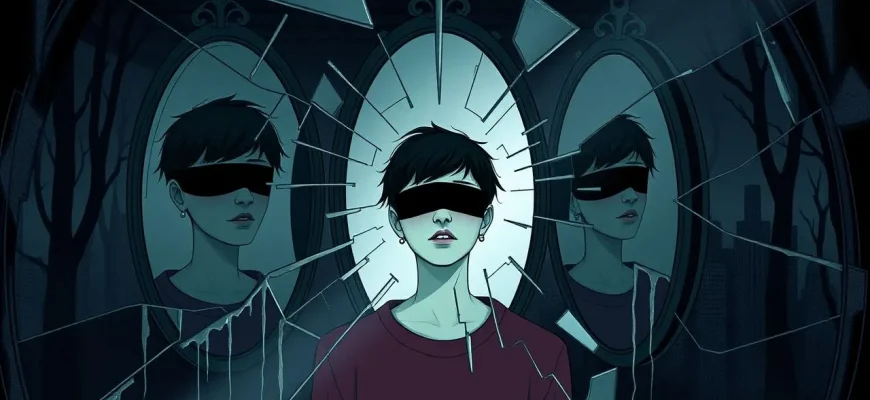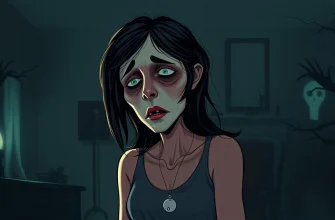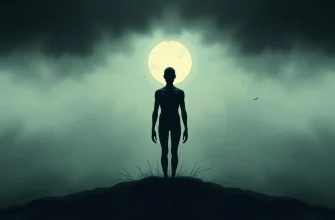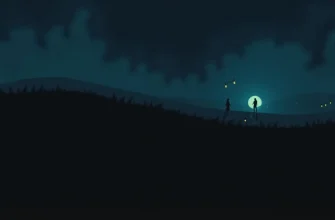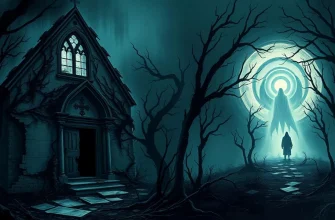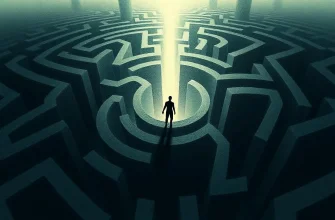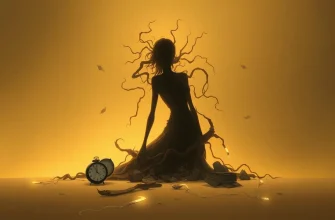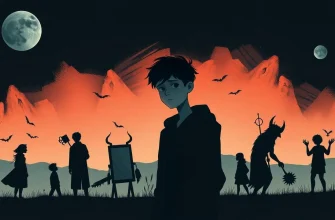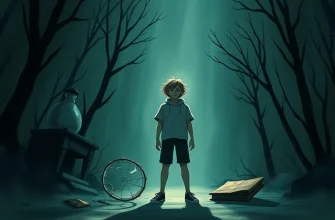Horror films have a unique way of exploring the darker corners of the human mind. This curated list of 10 horror movies delves into themes of self-reflection, identity, and the psychological turmoil that comes with facing one's inner demons. These films not only scare but also provoke thought, offering a chilling look at what happens when characters confront their deepest fears and insecurities. Whether you're a fan of psychological horror or just looking for a deeper cinematic experience, this collection will both entertain and unsettle you.

The Others (2001)
Description: This gothic horror film revolves around a woman who believes her house is haunted, only to discover the truth about her own existence. It's a haunting tale of self-discovery and the fear of the unknown within oneself.
Fact: The film was shot in Spain, with the mansion being a key character in the story. It was a box office success, grossing over $200 million worldwide.
 Watch Now
Watch Now 
The Exorcism of Emily Rose (2005)
Description: Based on a true story, this film examines the line between mental illness and demonic possession, offering a courtroom drama that delves into the nature of faith, guilt, and self-reflection.
Fact: The film was inspired by the real-life case of Anneliese Michel. It was critically acclaimed for its blend of horror and legal drama.
 Watch Now
Watch Now 
The Descent (2005)
Description: A group of women venture into an uncharted cave system, where they confront both external threats and their own personal demons, leading to a brutal self-reflection on survival and friendship.
Fact: The film uses practical effects and real cave locations to create an immersive experience. It has two different endings, one for the UK and one for the US.
 Watch Now
Watch Now 
Black Swan (2010)
Description: While not strictly a horror film, "Black Swan" delves into the psychological breakdown of a ballerina as she strives for perfection, blurring the lines between reality and her own dark fantasies. It's a chilling exploration of self-reflection and the cost of ambition.
Fact: Natalie Portman underwent extensive ballet training for her role, losing 20 pounds to portray the physical toll on her character. The film was nominated for five Academy Awards, including Best Picture.
 Watch Now
Watch Now 
The Cabin in the Woods (2012)
Description: While initially appearing as a typical horror setup, this film cleverly deconstructs horror tropes, forcing characters to confront their roles in a meta-narrative about horror itself.
Fact: The film was co-written by Joss Whedon, known for his work on "Buffy the Vampire Slayer." It was intended to be a critique of the horror genre.
 Watch Now
Watch Now 
The Babadook (2014)
Description: This Australian horror film explores grief, motherhood, and the manifestation of inner fears through the story of a widow and her son, who are haunted by a sinister children's book character. The Babadook serves as a metaphor for unresolved trauma and the psychological struggle of self-acceptance.
Fact: The film was initially banned in several countries due to its intense themes. Director Jennifer Kent was inspired by her own experiences with grief and loss.
 Watch Now
Watch Now 
The Invitation (2015)
Description: A dinner party turns into a psychological horror as the host's new cult-like beliefs and the protagonist's paranoia about his ex-wife's intentions create a tense atmosphere of self-doubt and mistrust.
Fact: The film was shot in a single location to heighten the claustrophobic tension. It premiered at the Sundance Film Festival and received critical acclaim for its slow-burn suspense.
 Watch Now
Watch Now 
The Autopsy of Jane Doe (2016)
Description: Two coroners uncover supernatural secrets during the autopsy of an unidentified woman, leading to a night of terror and introspection about the nature of evil and the human soul.
Fact: The film was praised for its unique premise and the way it builds suspense through the autopsy process. It was shot in a real morgue to add authenticity.
 Watch Now
Watch Now 
The Witch (2015)
Description: Set in 1630s New England, this film examines the isolation and paranoia of a family living on the edge of civilization, leading to a descent into madness and witchcraft. It's a study in how fear and self-doubt can manifest as external threats.
Fact: The film uses authentic language from the period, making it feel both historical and eerily modern. It was shot in a remote location to enhance the feeling of isolation.
 Watch Now
Watch Now 
The Lighthouse (2019)
Description: Two lighthouse keepers descend into madness and mutual suspicion, exploring themes of isolation, masculinity, and the confrontation with one's own psyche in a surreal, black-and-white setting.
Fact: The film was shot in a
 Watch Now
Watch Now 
